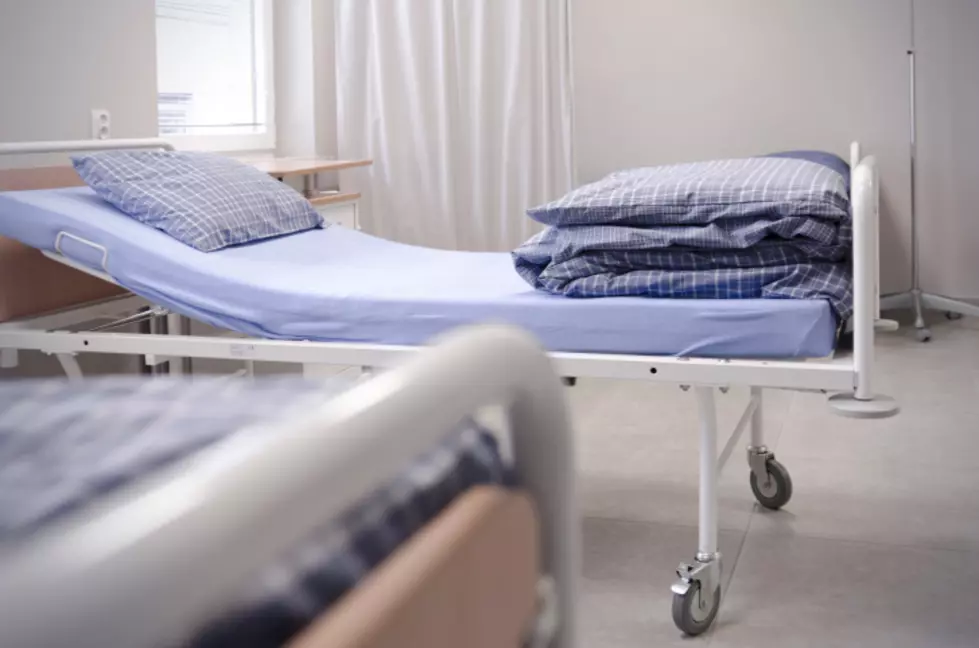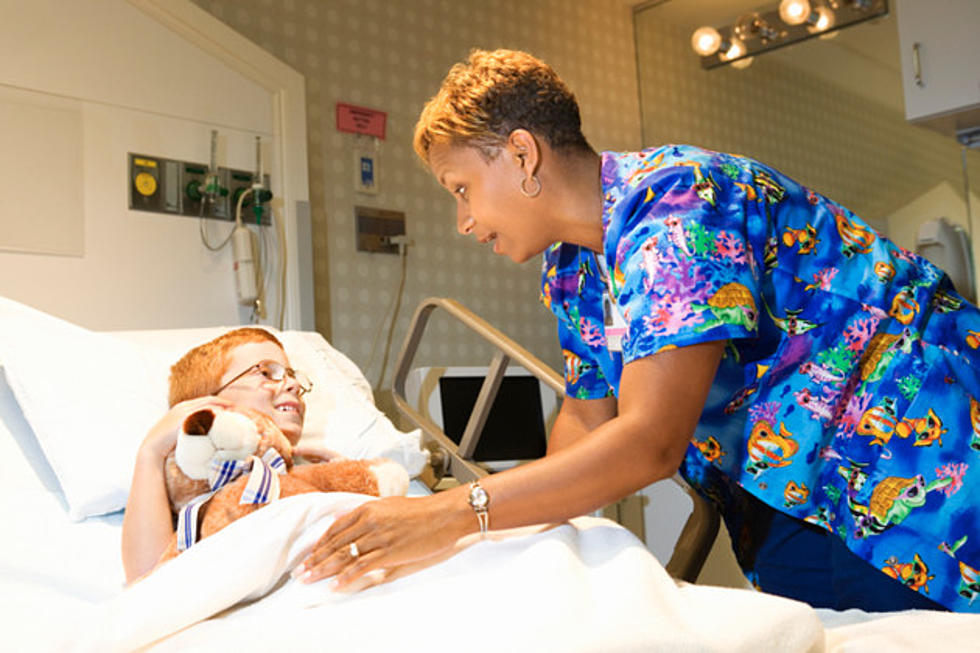
Doctors Want to End Unnecessary Medical Testing
Too much health care delivered in the United States is duplicative or unnecessary. Evidence shows that up to 30 percent of certain imaging tests, procedures, antibiotics, doctor visits, hospital stays and other services have very little benefit to a person's health. A coalition of about 375,000 doctors nationwide are now pushing for an end to these unnecessary tests through the 'Choosing Wisely' program.
The program is designed to promote conversations between physicians and patients about utilizing the most appropriate tests and treatments while avoiding care that may be more harmful than beneficial.
"It's been determined that screening tests that are meant to detect disease early aren't beneficial particularly in people who are healthy, have no symptoms and don't have risk factors," said Dr. John Santa, Director of Consumer Reports Health Rating Center. "Some of the unnecessary tests are diagnostic for common conditions where imaging and xrays don't make much difference. If you have a fainting episode, headaches or low back pain, scans rarely help. It's best to sit down and have a thorough talk with your doctor."
Some physicians say they struggle to have these difficult conversations about appropriate tests and treatments with their patients.
Many face difficult decisions about prescribing tests and treatments that may not be necessary, but they do it to cover their bases. "Patients often request tests and treatments that may not be necessary, so physicians need help and support responding to such requests," said Santa.
"Even when it comes to serious problems like cancer and kidney disease, there should be some limits to testing and treatment, otherwise you can confuse things rather than clarify and you can harm people rather than treat them successfully," said Santa.
'Choosing Wisely' is part of a multi-year effort to support and engage physicians in being better stewards of health care resources. "Consumers have the belief that all prevention tests are good and that spending more money for health care is good. We know from science that that's not the case. So, the idea is to better inform consumers and give doctors more weight to have conversations with their patients about over-testing and over-treatment."
More From New Jersey 101.5 FM









